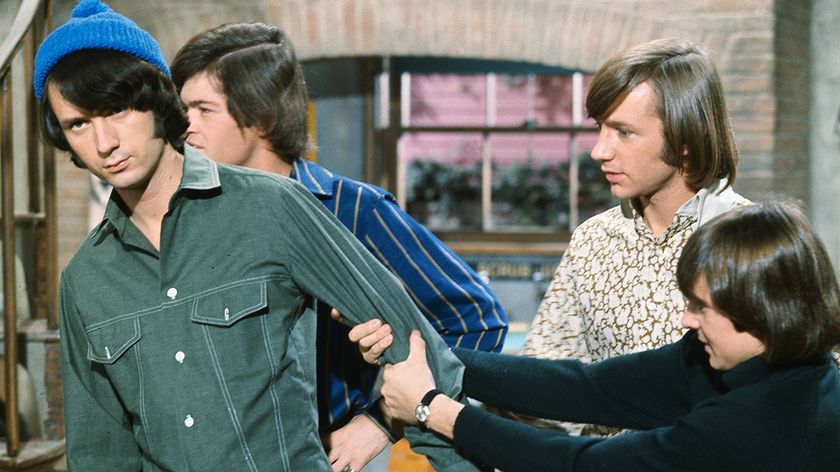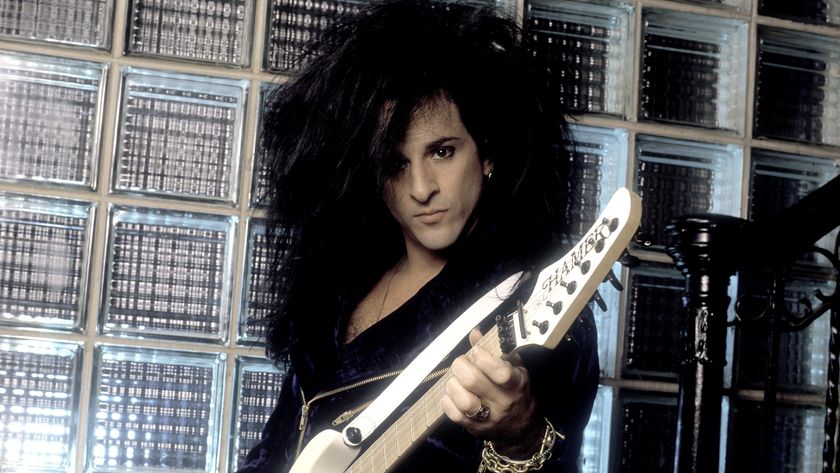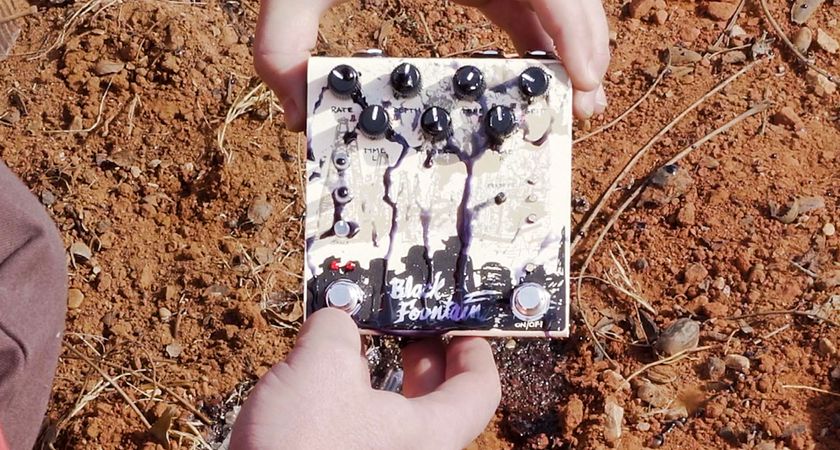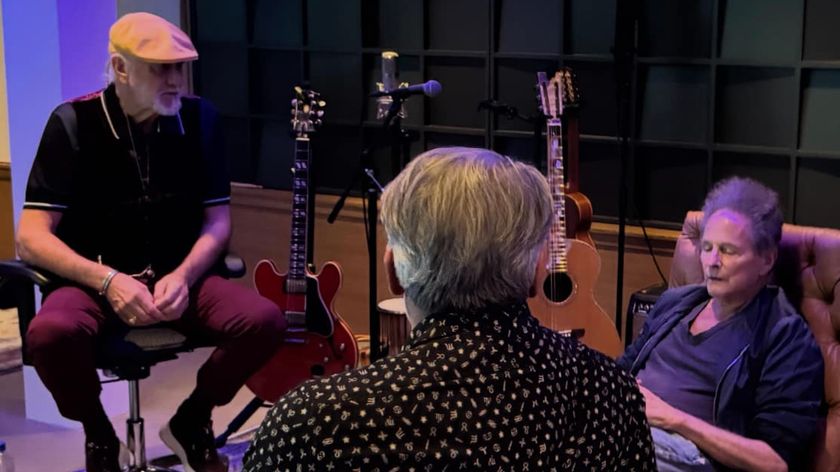“I’d like to think that there's a big studio in the sky”: Shel Talmy, legendary producer of The Who and The Kinks, dies aged 87
Talmy’s production shaped the sound of the ‘60s and the future of rock, with a credits list that included Pentangle, Roy Harper, the Creation, and a young David Bowie. He had prepared a statement to be released posthumously
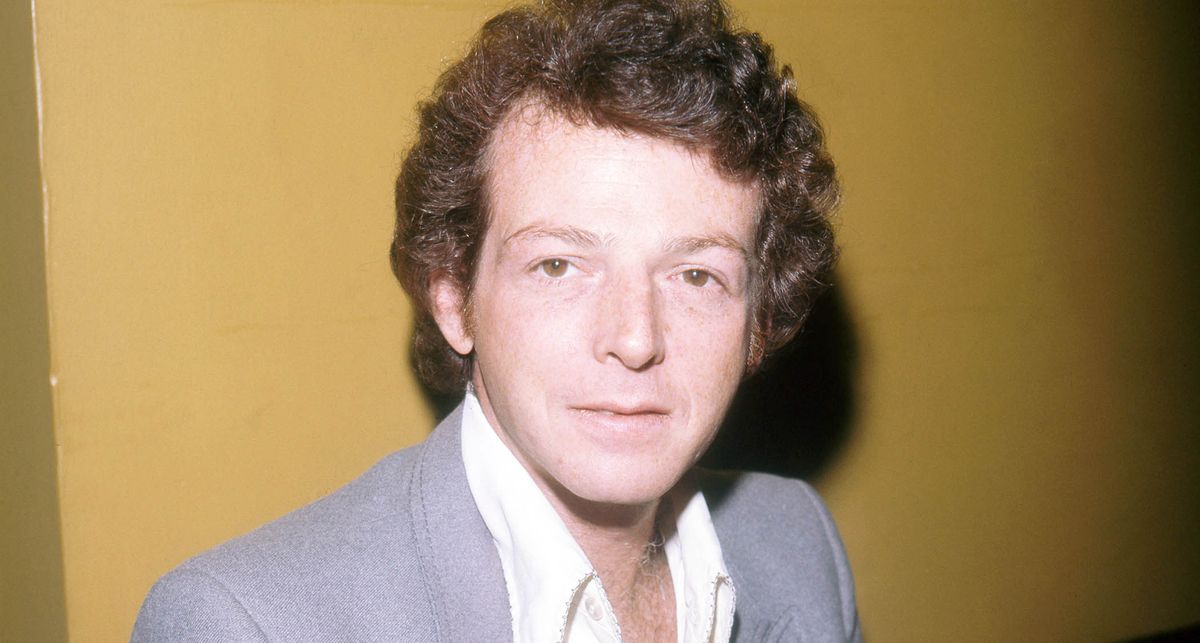
Shel Talmy, the producer behind some of the most incendiary electric guitar sounds of the ‘60s, has died, aged 87. Talmy, whose work with the Kinks and the Who turned up the volume on the British Invasion, died from complications following a stroke.
He leaves behind a formidable discography. Talmy was in the control room for the Kinks debut album, ground zero for powerchords in high-volume rock, with Ray Davies’ You Really Got Me having an all but immediate impact, influencing Pete Townshend to write I Can’t Explain, using it as a calling card to get Talmy to work with the Who.
Speaking to Warren Huart of Produce Like A Pro, Talmy said he didn’t need too much persuasion to sign the Who to his production company, Orbit-Universal.
“The first thing I heard was I’m A Man, that Daltrey sang, and about after about eight bars I said, ‘Yes, I’ll sign you.’ [Laughs] Because they were, at that time, the best rock band I’d heard in England that sounded like an American rock band” he said. “I think they had just changed their name to the Who but they were the High Numbers just before that.”
The Kinks had made Talmy a hot ticket. He had racked up enough hits that he could self-finance the early Who recordings. There was no messing around. The first song they recorded was I Can’t Explain. Next up was Anyway, Anyhow, Anywhere. The third track was My Generation. The world was never the same again.
Talmy's remarkably story began on TV. Born in Chicago in 1937, Talmy got an early taste of showbiz when appearing on NBC’s Quiz Kids TV show. TV was his first job, working for ABC in Los Angeles, but he soon transitioned to music, first as a recording engineer working under the auspices of Phil Yeend, who indulged Talmy’s appetite for experimentation. Those early experiences set the tone for his production sensibility. Talmy was always in search of new sounds and new ways of capturing them.
Moving to the UK in 1962 was the making of him. He got a job at Decca but it wasn’t long before he struck out on his own. He had the knack of being in the right place at the right time. That’s how the Kinks came into his orbit.
Get the MusicRadar Newsletter
Want all the hottest music and gear news, reviews, deals, features and more, direct to your inbox? Sign up here.
Talmy was visiting a friend at a music publishers on Denmark Street when Robert Wace, the manager of the Kinks appeared.
“He said, ‘Would anyone here like to listen to this?’ There was nobody in the reception room except me,” recalled Talmy. “I said, ‘Yeah, I’m here. I’ll listen.’ And so I did and they were the Ravens at that point. I liked a lot of what I heard and made a deal – well, I was going to sign them but I didn’t have a whole lot of money so I took them into Pye.”
One of the leitmotifs of Talmy’s production was his uncanny ability to foreground the guitar and capture the danger of it. Tracks like You Really Got Me, with its legendary and oft-contested solo (it was forever rumoured that Jimmy Page played it but it was Dave Davies) would be the ultimate calling card, for the Kinks and Talmy alike.
“It became kind of iconic,” Talmy told Produce Like A Pro. “I think it’s fair to say… the opening chords are iconic.”
All this was new. Telmy was dealing with players who were doing something different. He was there when the Kinks Dave Davies slashed his guitar amp’s speaker cone with a razor. And it wasn’t just the guitarists who were pushing the envelop; Keith Moon was so radical he didn’t even have a hi-hat in his drum-kit. He used his crash instead.
“He was brilliant,” said Talmy. “I really thought he was the best rock drummer I ever recorded, or ever would record.”
Talmy’s credits make a credit playlist. He worked with David Bowie when he was then called Davy Jones, producing two singles. He recorded the Easybeats, whom Bowie would later cover.
One of his most seminal collaborations was with UK psych-rockers the Creation. Together, they made some skronky classics. The Creation's 1966 debut single, Making Time, featured an Eddie Phillips’ guitar solo performed with a violin bow, reportedly the first time this was ever done on record.
Talmy’s work with Wild Silk is superlative; Visions In A Plaster Sky is an essential work of ‘60s psych-pop. When recording British folk icons Pentangle and Roy Harper demonstrated how his production nous could be applied to other genres.
He also had some weird and wonderful singles, too, like Alan Freeman’s recording of the old dance standard Madison Time. Later to achieve fame on BBC Radio as Alan “Fluff” Freeman, Freeman was backed by the Talmy Stone Band. This 1962 single for Decca was a flop. But there weren’t many.
To survive in this business, you also need sense of humour, and Telmy had one. Maybe it is best typified by his parting shot. Before his death, he had prepared a statement to be released posthumously by his family on his Facebook account. He says he had a “good run” and it’s hard to argue with him.
“Hi to all, and many thanks to all of you who have been reading my rock stories for all this time, it has been greatly appreciated!” he wrote. “Please note, that if you're reading this now, this is my final vignette, as I am no longer residing on this plane of existence, and have ‘moved on’, to wherever that may be.
I’ve had a good run, and I am delighted it lasted as long as it did. I’m also delighted that I am told I have a legacy that will last even longer
Shel Talmy, in a posthumously released statement
“I’d like to think there is something beyond where I was to where I am now, assuming that the millions of suppositions as to what is next, are accurate. I’d like to think that I'm thoroughly enjoying my new ‘residence,’ and that the countless rumours that there is a big working ‘studio in the sky’ are true, and that we are, dare I say, making heavenly music!
“I am also hoping that I am currently engaged in renewing relationships with a ton of friends and acquaintances, many of which go back for decades.
“I’ve had a good run, and I am delighted it lasted as long as it did. I’m also delighted that I am told I have a legacy that will last even longer. I look forward to meeting some of you in the future who are reading this, but LOL, don’t hurry to get here, I’m not going anywhere!”
Jonathan Horsley has been writing about guitars and guitar culture since 2005, playing them since 1990, and regularly contributes to MusicRadar, Total Guitar and Guitar World. He uses Jazz III nylon picks, 10s during the week, 9s at the weekend, and shamefully still struggles with rhythm figure one of Van Halen’s Panama.
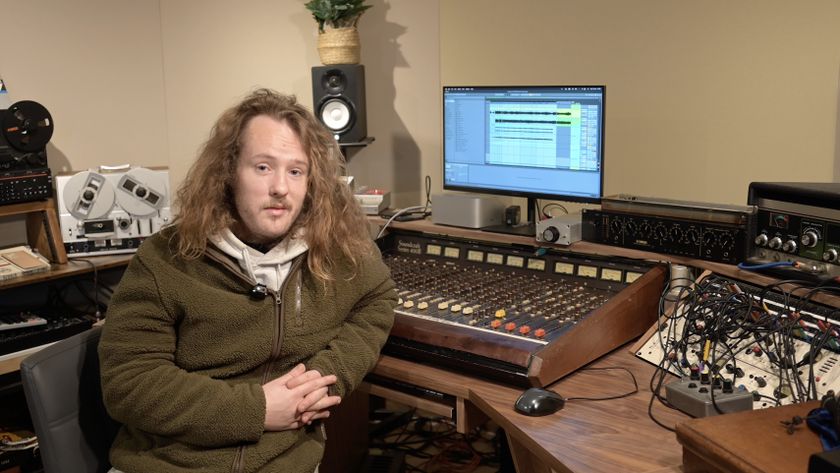
“I’d be running from the studio to other speakers in the house, basically going insane trying to get mixes to sound correct”: Ezra Collective’s Joe Armon-Jones on why he created his Aquarii Studios and his dub-influenced mixing technique
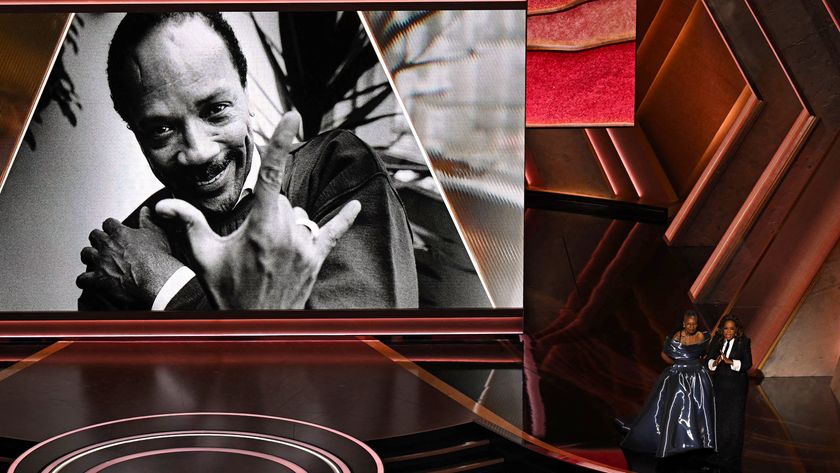
"When we talk about Black excellence, we’re talking about Quincy”: Tributes paid to Quincy Jones at last night’s Oscars




![[Visions in a] Plaster Sky - YouTube](https://img.youtube.com/vi/bUJsuE1Zt4s/maxresdefault.jpg)


![Justin Hawkins [left] of the Darkness plays an open G on his offset electric and closes his eyes as he performs onstage; soul-reggae icon Johnny Nash [right] frets a chord on his acoustic and wears a patched denim jacket.](https://cdn.mos.cms.futurecdn.net/hWzCjD9ZWQiPPjMtTWiFfa-840-80.jpg)

